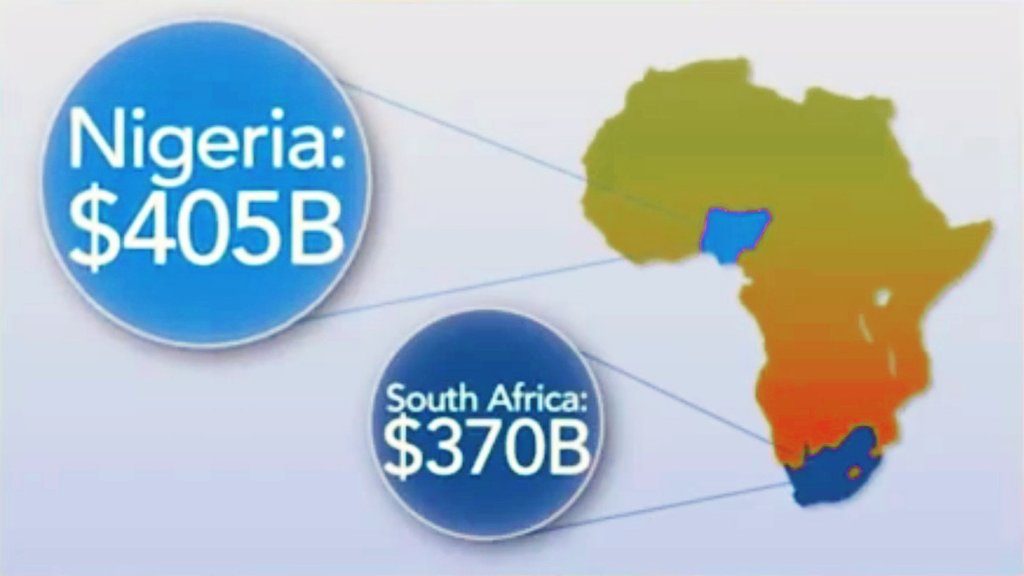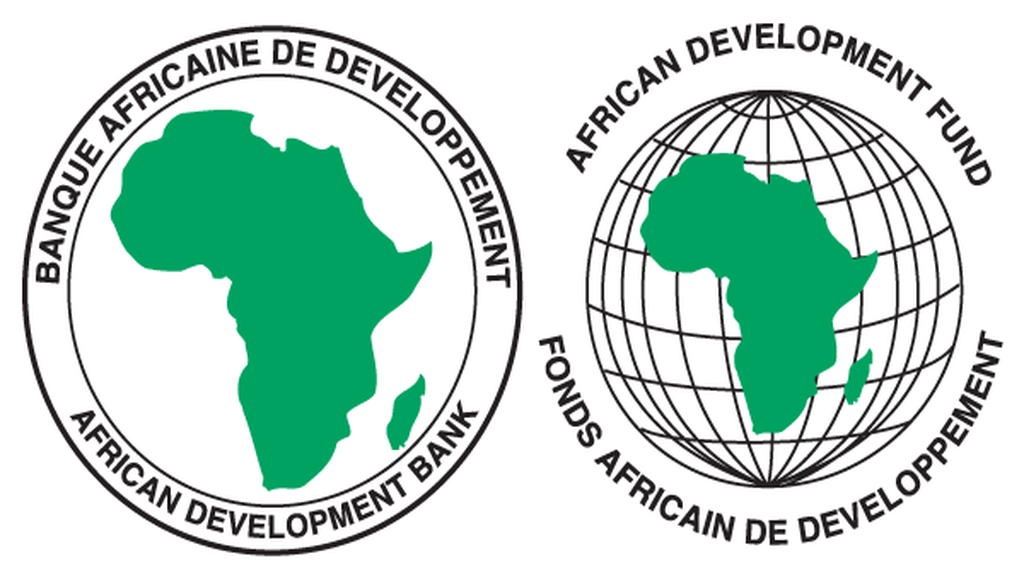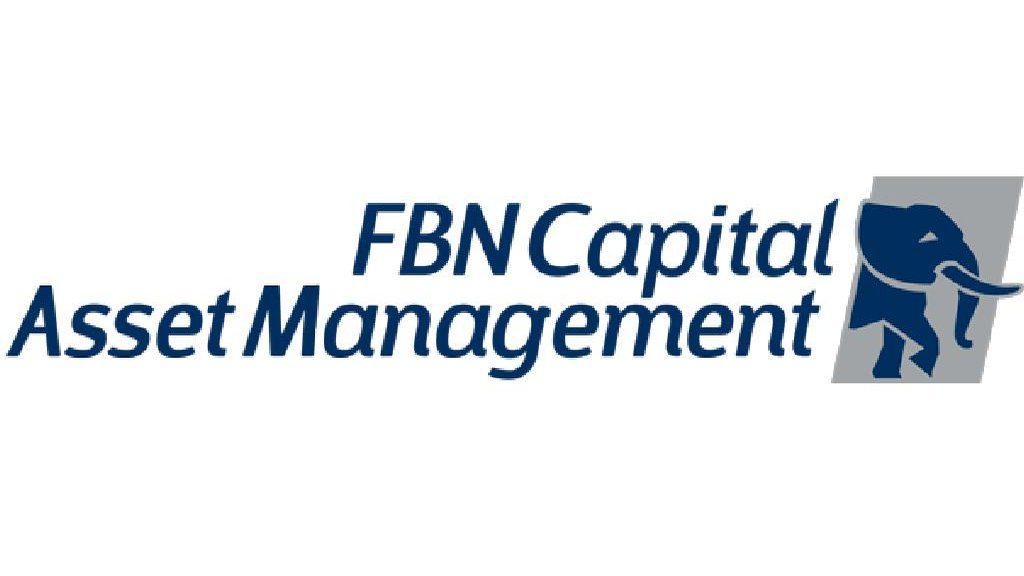Nigeria is the largest economy in Africa, with a Gross Domestic Product greater than USD 500 billion. We grew steadily at over 7 per cent per annum between 2005 and 2014, but this growth has been slower in 2015. This growth was driven primarily by the non-oil sectors, such as financial services, telecommunications, entertainment, etc. Foreign direct investment (FDI) inflows have been strong, averaging USD2 billion per quarter since 2013, with over 70 per cent of this in the non-oil sectors. Nigeria’s economy is actually more diversified than it seems, with the oil sector contributing only about 14 per cent to GDP. Nevertheless, we ought to be doing more to diversify with the significant natural and human resources with which Nigeria is blessed. There is no doubt that oil has contributed substantially to Nigeria’s revenue since its discovery in 1956 and more especially, since 1970 when its price was on the upward trend. Yet, oil receipts and their management have challenged governance to the core over time in Nigeria. Deeper economic diversification is an urgent necessity to undertake structural transformation, buffer the domestic economy from externally transmitted shocks and accelerate growth accompanied by job creation. The task ahead of further diversification of the economy is enormous. We do not take it for granted. It will not happen quickly or easily and Nigeria shall be strategic about diversification. We are however encouraged by the strides that have been made in some sectors already. I will use three sectors or categories as examples:
Continue reading Nigeria is the largest economy in Africa
Tag Archives: Finance
Nigeria, Others to Attract $73.5bn Foreign Investments in 2015
By Eromosele Abiodun
Following plans by United States retail giant, Walmart to enter Nigeria’s retail market, increasing greenfield investment from China, India and South Africa, foreign investments in Nigeria and other African countries are expected to reach $73.5 billion by the end of this year.
A report by the African Economic Outlook (AEO) revealed that official remittances have increased six-fold since 2000 and are projected to reach $64.6 billion in 2015 with Egypt and Nigeria receiving the bulk of flows.
The AEO is a product of collaborative work by three international partners: the African Development Bank (AFDB), the OECD Development Centre and the United Nations Development Programme (UNDP).
Official remittances, the report added, remained the largest source of international financial flows to Africa, accounting for about 33 per cent of the total since 2010.
Conversely, the report predicted that Overseas Development Assistance (ODA) will decline in 2015 to 54.9 billion, “and is projected to diminish further”.
“More than two-thirds of states in sub-Saharan Africa, the majority of which are low-income countries, will receive less aid in 2017 than in 2014. FDI is diversifying away from mineral resources into consumer goods and services and is increasingly targeting large urban centres in response to the needs of a rising middle class.
“African sovereign borrowing is increasing. Private external flows in the form of investment and remittances are driving growth in external finance. Despite significant improvements in tax revenue collection over the last decade, domestic resource mobilisation remains low. Public domestic finance in Africa has increased more than threefold in a decade from $157 billion in 2003 to $507 billion in 2013. Compared to 2012, total tax revenue in 2013 registered a slight decrease of about 1.5 per cent mainly on account of lower resource rents, “the report revealed.
According to the report, “The report added that recent trends in African total trade flows – exports and imports – highlight a shift in trade dynamics and increasing competition from China for the African market. Although Europe remains Africa’s largest trading partner, Africa’s trade with Asia rose by 22 per cent between 2012 and 2013, while trade with Europe grew by just 15 per cent.
Manufactured exports from Europe to Africa fell from 32 per cent of the total in 2002 to 23 per cent in 2011. On the other hand, Asia’s share in Africa’s trade rose from 13 per cent of the total to 22 per cent during the same period. In 2009, China overtook the United States as Africa’s largest single trading partner.”
Source: Thisday, 12th August, 2015
Oyebola: Nigeria is West Africa’s Most Viable Investment Destination
15 Jun 2015
By Obinna Chima
The Managing Director and Chief Investment Officer of FBN Capital Asset Management Limited, Mr. Michael Oyebola, has highlighted Nigeria’s position as the top foreign institutional funds destination in West Africa.
He made this known in a presentation titled: “Nigeria: West Africa’s most viable destination for US institutional funds,” during the 2015 edition of the Africa Institutional Funds and Managers’ Series (AIFMS), held in New York recently.
Oyebola stated that Nigeria has a compelling investment business case, despite the socio-economic challenges she is contending with. He noted that Nigeria continues to show great potential in core areas of interest to traditional institutional fund managers, while her burgeoning middle-class and status as Africa’s largest economy following her Gross Domestic Product (GDP) rebasing, establishes her as the sub-region’s most viable investment destination.
He also highlighted the country’s ongoing revival in agriculture, its vast and untapped power resources, a progressive financial services sector, the untold potential which remains in oil and gas, as well as a vibrant telecoms and ICT industry, among other investment-stimulating factors. According to him, “in agriculture the investment opportunities which exist in food processing and storage facilities, crop production, and animal husbandry due to a huge domestic demand are many, while in the power sector, the nation’s gas agenda facilitates a potential for aggressive gas-based industrial growth.”
Furthermore, he noted that crucial to the successful performance of institutional fund investment from the US and other continents to Nigeria, was partnership with leading investment and asset management firms in the sub-region to ensure knowledge and expertise of the local operating environment.
Malaysia is the largest Asian investor in Africa
Three reasons why we should do business with Singapore. However, Singapore has already reached a developed nation status. Malaysia is still developing (some call it semi-developed, because, absent a few economic indicators, it has all the markings of a developed nation). Therefore, it has more in common with Nigeria. It’s also not Singapore, but Malaysia that has the largest Asian investment in Africa. It’s also Malaysia, not Singapore that sends aids and its people to help Africans. Nigeria will also benefit from how Malaysia is able to keep its cost of living so low; one example, oil prices are 60 percent cheaper in Malaysia than Singapore and Thailand.
Malaysia is ahead of China in terms of the size of its direct foreign investment (FDI) into Africa and the gap is widening. A survey of foreign investment into and out of the five BRICS countries, published on the eve of their summit in South Africa and while new Chinese President Xi Jinping visits the continent, revealed that China’s march into Africa has lagged behind the flow of cash from Kuala Lumpur. In 2011, Malaysia was third largest investor in Africa overall, only behind the United States and France. China came fourth and India fifth.
… France and the Malaysia is ahead of China in terms of the size of its direct foreign investment (FDI) into Africa and the gap is widening United States also have the largest historical stock of investments in Africa,” Reuters reported, “with Britain in third place and Malaysia in fourth, followed by South Africa, China and India.”
India has $14 billion invested in Africa; China 16 billion and Malaysia, $19.3 billion (about 24% of its FDI).
Source: Weekly Trust, April 18th 2015
 afric-Invest
afric-Invest


